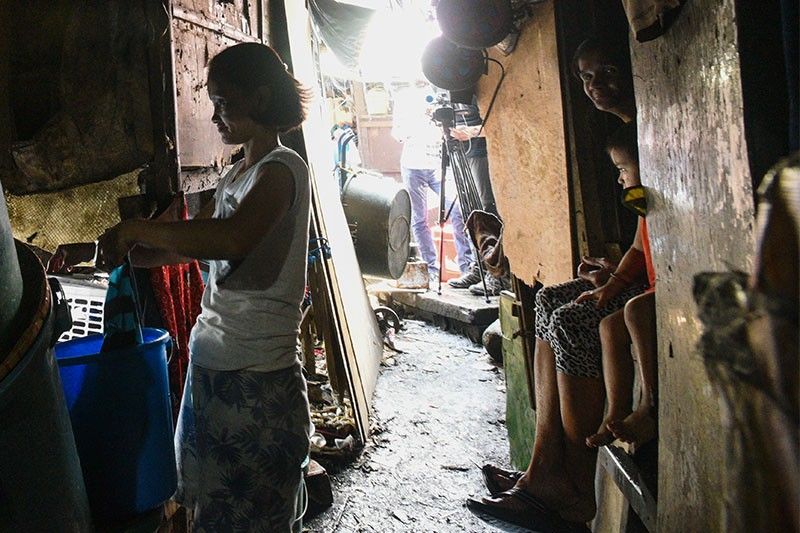Palace defends admin's plan to give P200 monthly subsidy to poor families

MANILA, Philippines — Malacañang on Thursday defended the administration's plan to provide a P200 monthly subsidy to poor households hit by rising commodity prices for one year, saying it is what the government can afford for now.
Acting presidential spokesman Martin Andanar said state funds are limited so the financial aid would only cover the bottom 50% of Filipino households or about 12 million individuals.
"Obviously, we can only give what is in the state coffers because if we go beyond that, we have to borrow money again," Andanat told radio station dzBB in Filipino.
"The problem is we cannot provide all that we want to give because of lack of funds," he added.
President Rodrigo Duterte has approved the proposal of economic managers to retain the excise tax on oil products despite calls to suspend it due to the rising commodity prices caused by the crisis in Ukraine. Suspending the excise taxes on oil products under the Tax Reform for Acceleration and Inclusion law would deprive the government of more than P105 billion in revenues this year, according to finance department estimates.
To provide relief to sectors affected by successive oil price hikes, the economic team proposed the giving of P200 monthly subsidy to the bottom 50% of Filipino households for one year, a plan that will cost the government some P33.1 billion.
However, some sectors believe the monthly financial aid won't be enough to enable poor families to cope with the rising prices of goods. Sen. Grace Poe has called the subsidy a "pittance," given the 11 weeks of successive oil price increases. Sen. Panfilo Lacson, for his part, said the government should suspend the excise taxes for three months or until the conflict between Ukraine and Russia subsides.
Andanar said the government aims to start the distribution of aid within the month. He added that the subsidy would be on top of the assistance given to beneficiaries of the Pantawid Pamilya Pilipino cash transfer program.
Asked what help would be given to the middle class, Andanar said economic managers have suggested the extension of the work-from-home set-up, which would reduce workers' fare costs, and the implementation of a four-day work week, which would lengthen the daily working hours from eight to ten hours.
"It is really saddening...that the middle class is affected but we have to face reality also that our funds in the government have limits," Andanar said.
Andanar said Duterte may decide on the proposed four-day work week and other suggestions on how to mitigate the rising commodity prices by Monday
- Latest
- Trending

































